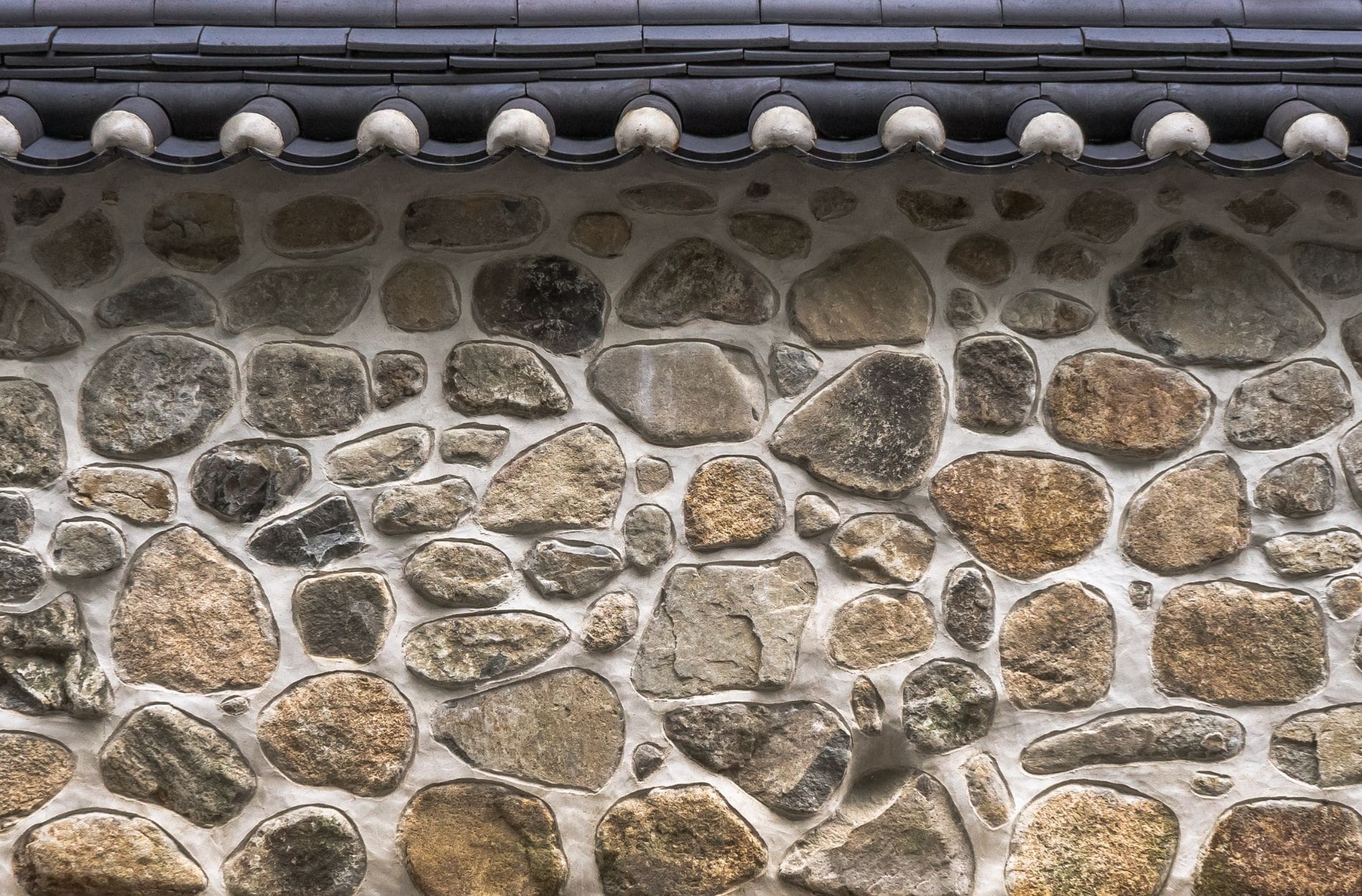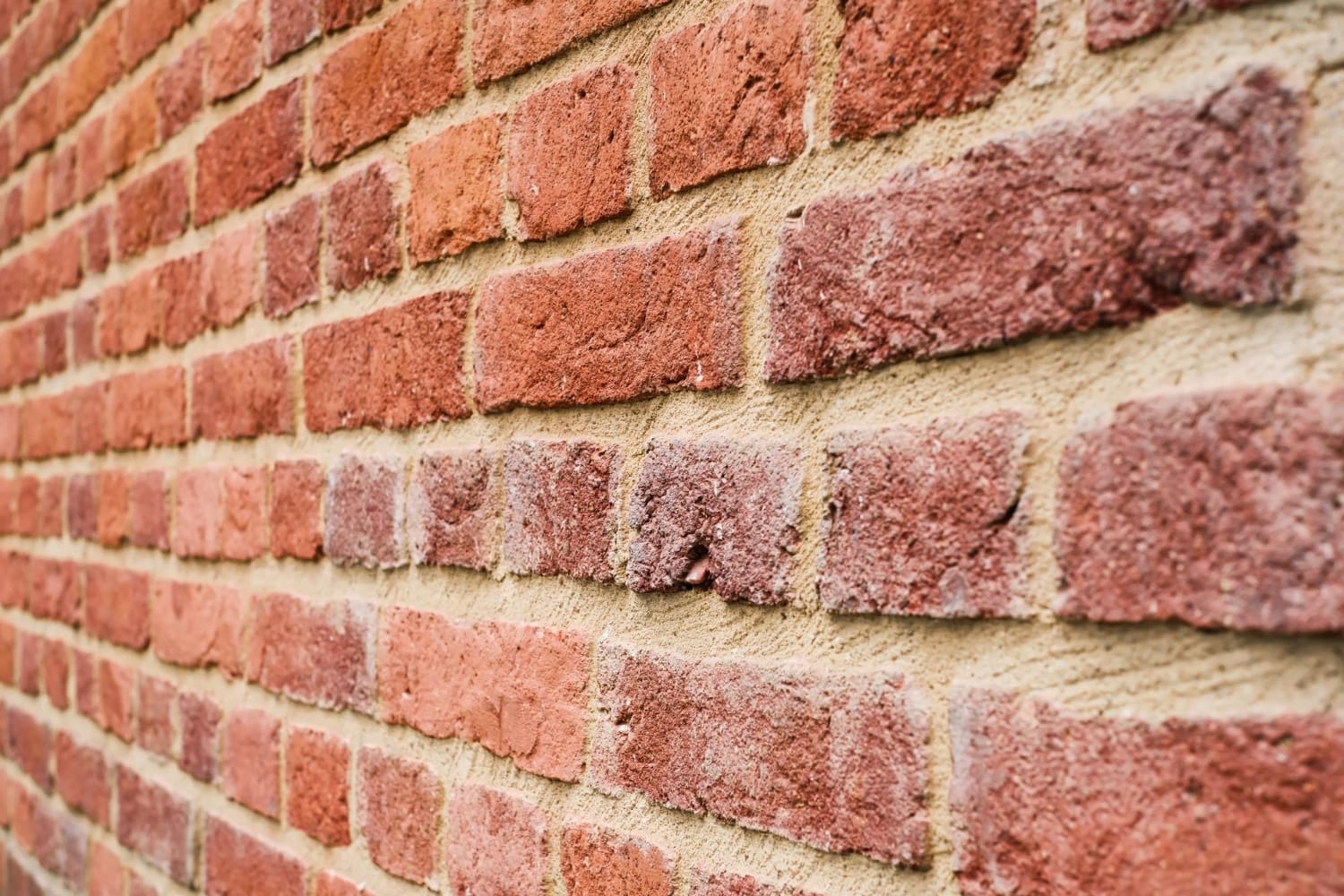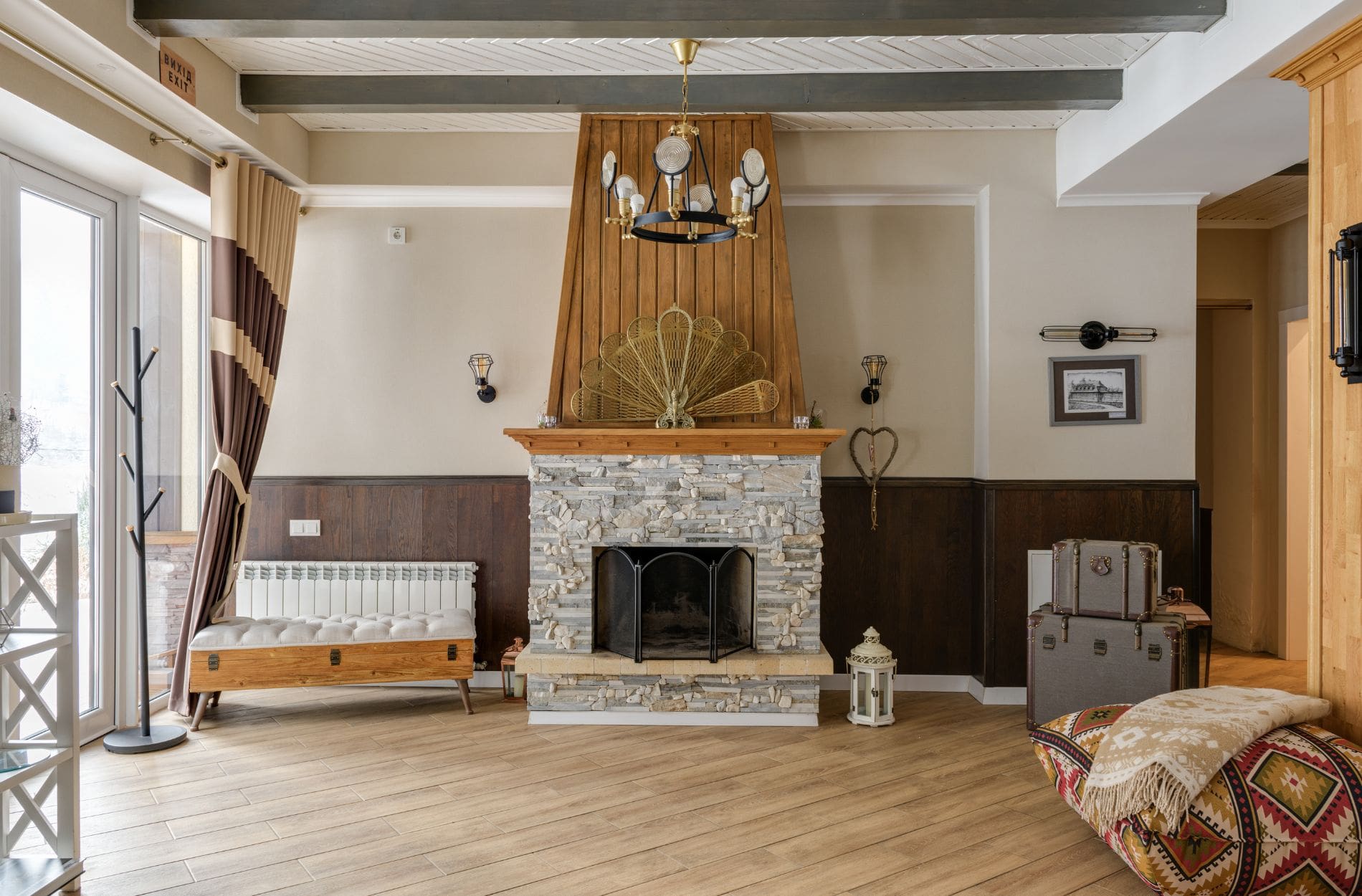How to Troubleshoot and Prevent Common Masonry Issues

Owning a home or property constructed with brickwork or other masonry materials can provide a sense of timeless beauty and durability. However, even the sturdiest masonry structures can still be susceptible to various issues over time.
From cracked bricks to discolored masonry, these problems can compromise the structural integrity and visual appeal of your property. Fortunately, with the right knowledge and maintenance practices, you can prevent these issues from escalating into major concerns.
In this article, we’ll explore the top 10 common masonry issues that homeowners encounter and provide valuable tips on how to prevent them. Learning how to identify early warning signs and taking proactive steps toward maintenance can help you avoid costly repairs and ensure your masonry lasts for generations.
Trust the team at Detroit Brick Co. as we guide you through understanding and resolving these common masonry challenges.
Cracked Bricks: Causes and Prevention Measures
Cracked bricks are a common issue that can affect the structural integrity and aesthetic appeal of your property. Some of the primary causes of brick cracks include thermal expansion, moisture infiltration, and poor installation methods.
To prevent cracked bricks, start by ensuring that your brickwork has sufficient weep holes to allow for moisture drainage and provide adequate space between bricks for movement due to expansion and contraction. Additionally, utilizing high-quality materials and qualified masonry professionals for installation can greatly reduce the likelihood of cracked bricks.
Discolored Masonry: Identifying and Addressing the Issue
Discoloration in masonry is another problem that may have various causes, such as mold and mildew, water stains, efflorescence, or improper cleaning methods. To prevent discoloration, ensure proper installation and sealing of your masonry surfaces.
Use a suitable masonry cleaner, such as a solution of mild soap and water, along with a soft, natural brush to clean the surfaces without causing abrasion. Avoid using harsh chemicals such as muriatic acid, bleach, or high-pressure water jets, as these can damage your masonry and exacerbate discoloration. When repointing your masonry, opt for mortars that match the color of your original mortar for a cohesive look.
Efflorescence: Understanding and Preventing the White Powdery Deposits
Efflorescence occurs when salts present in the brick or mortar dissolve in water and then recrystallize on the masonry surface, creating a powdery white deposit. To prevent efflorescence, optimize wall drainage by installing flashing and weep vents to prevent water from accumulating.
Clear capillary pathways or use water-repellent treatments to reduce the amount of water absorbed by your masonry. Lastly, ensure that your masonry structure has an adequate damp-proof course (DPC) and is properly ventilated to allow moisture to evaporate.
Bulging or Bowed Brick Walls: Recognizing the Warning Signs
Bulging or bowed brick walls are evidence of masonry distress and may indicate foundation issues, corroded wall ties, or excess water infiltration. This condition may lead to severe structural problems if addressed.
If you notice any bowing or bulging walls, consult a professional masonry expert immediately to assess and rectify the situation. To prevent such issues, design and construct your walls with proper reinforcement and use appropriate weep holes and control joints to aid drainage and accommodate thermal expansion.
Mortar Deterioration: Maintaining Strong and Resilient Masonry
Over time, mortar may deteriorate due to exposure to weather elements, freeze-thaw cycles, and normal wear and tear. Deteriorating mortar joints can compromise the stability of your masonry structure, lead to water infiltration, and cause adjacent bricks to crack or become loose.
To prevent mortar deterioration, use the right mortar mix specified for your structure and ensure it has been applied correctly. Repoint mortar joints when necessary to maintain the overall strength of your masonry.
Loose or Spalled Bricks: Understanding and Addressing the Problem
Loose or spalled bricks can occur due to water damage, freeze-thaw cycles, and incorrect mortar composition. Spalling—where parts of the brick’s surface come off—can be rectified by replacing the damaged bricks with new ones that match the existing material in color, texture, and composition.
Preventing loose or spalled bricks involves inspecting your masonry regularly and sealing any cracks or gaps at the initial signs of wear. Waterproof your bricks with a high-quality, breathable water-repellent treatment that maintains their porous nature, allowing moisture to escape yet preventing water infiltration.
Lintel Failure: Detection and Prevention
Lintels—horizontal supports placed above windows and doorways—play a vital role in transferring loads to supporting columns or walls. Over time, lintels may suffer damage or failure due to factors such as corrosion, deterioration of surrounding masonry, or inadequate supports.
To detect lintel failure, look out for cracked or bulging masonry above the lintels, as these are indicators of distress. Preventing lintel failure involves ensuring proper installation, using suitable materials, and conducting periodic inspections to identify and address any issues.
Settlement Cracks: Recognizing and Rectifying the Issue
Settlement cracks are a result of your property or its foundation slowly settling into the ground over time, leading to fractures in your masonry. Factors like soil movement, inadequate foundation design, and tree roots can contribute to settlement cracks.
Early detection is crucial—inspect your property regularly and look for cracks or gaps that may indicate a settlement issue. Engage a qualified professional to assess the situation, and if needed, implement foundation repair strategies such as underpinning, piering, or slab leveling to rectify the issue and prevent further damage.
These are some of the common masonry issues that homeowners might experience. Regular inspection and maintenance, combined with professional masonry repair or restoration services, can keep your property’s brickwork looking its best and functioning optimally for years to come.
Protect Your Investment with Expert Masonry Services
Understanding and addressing common masonry issues is essential for preserving the beauty, functionality, and value of your residential property. By staying vigilant about routine inspections, conducting preventative maintenance, and seeking professional guidance when necessary, you can keep your masonry in top shape and prevent more significant problems from arising.
Are you in need of assistance with masonry repair or restoration services in the Metro Detroit area? Trust the experts at Detroit Brick Co. to help safeguard your property against common masonry issues. Our highly qualified team specializes in residential brick wall masonry repair and restoration, ensuring that your property remains safe, structurally sound, and visually appealing for years to come.
Don’t wait for these issues to become costly headaches. Contact Detroit Brick Co. today to schedule an inspection, and let us help you maintain the integrity of your home’s masonry.





